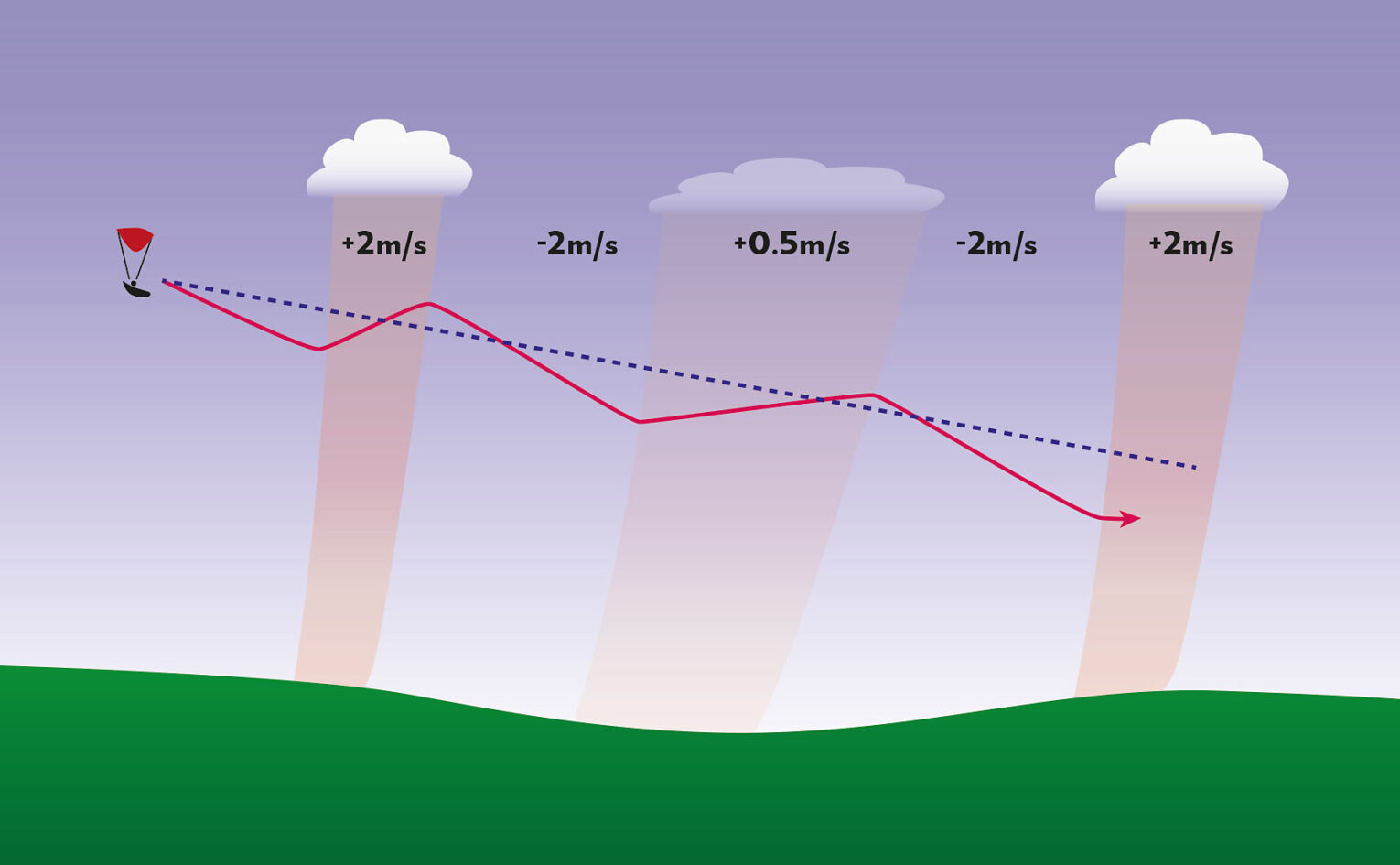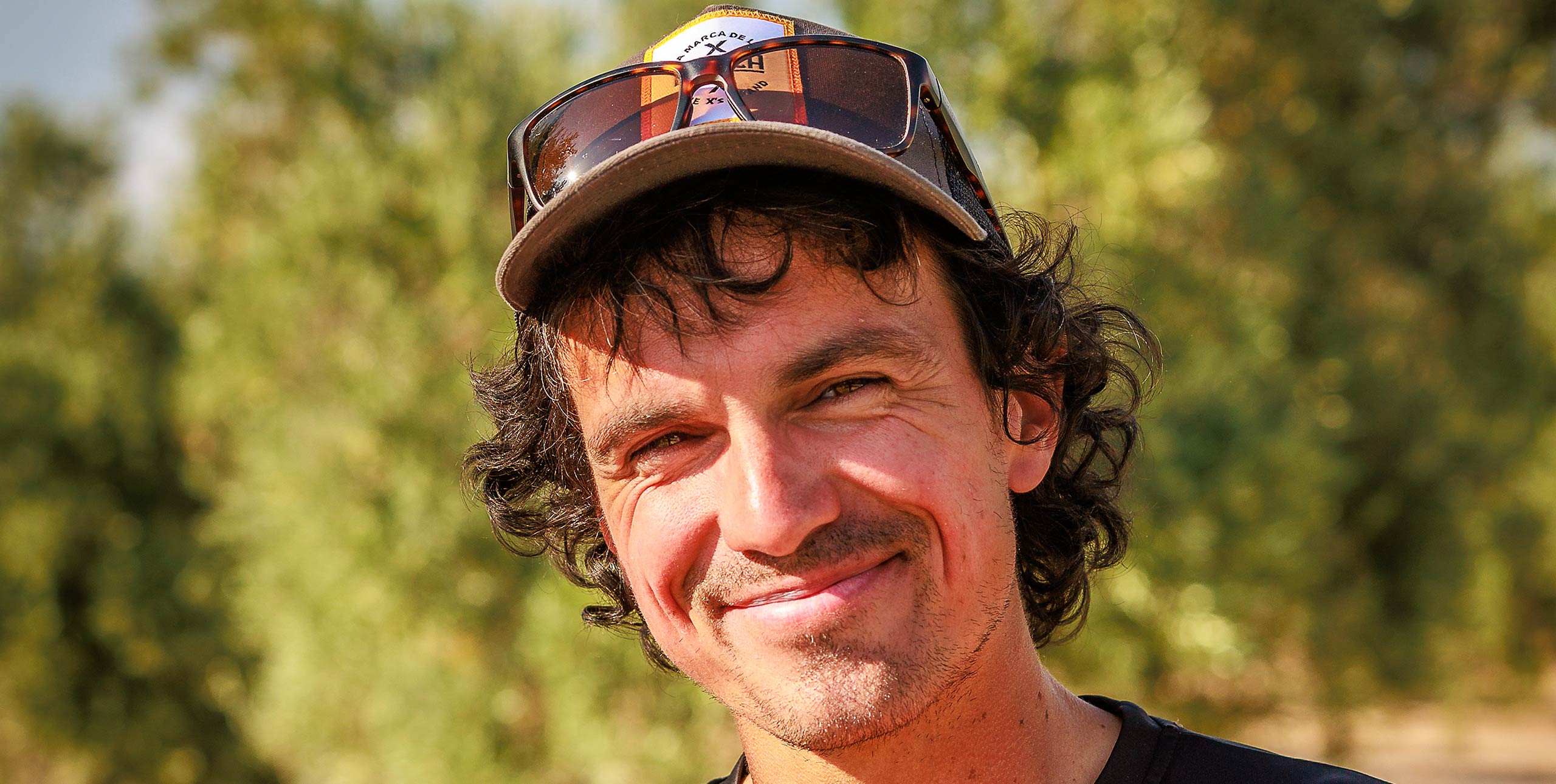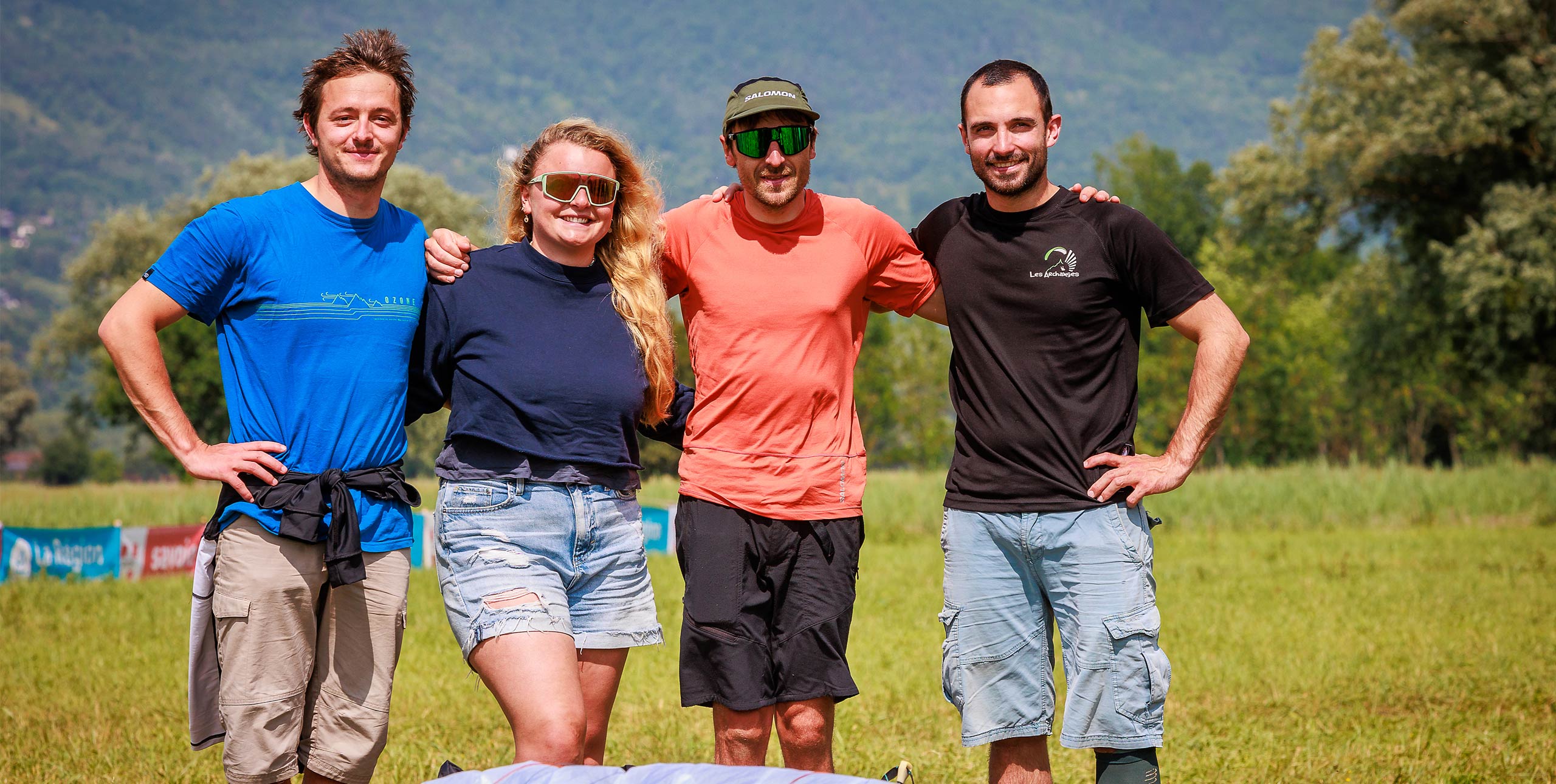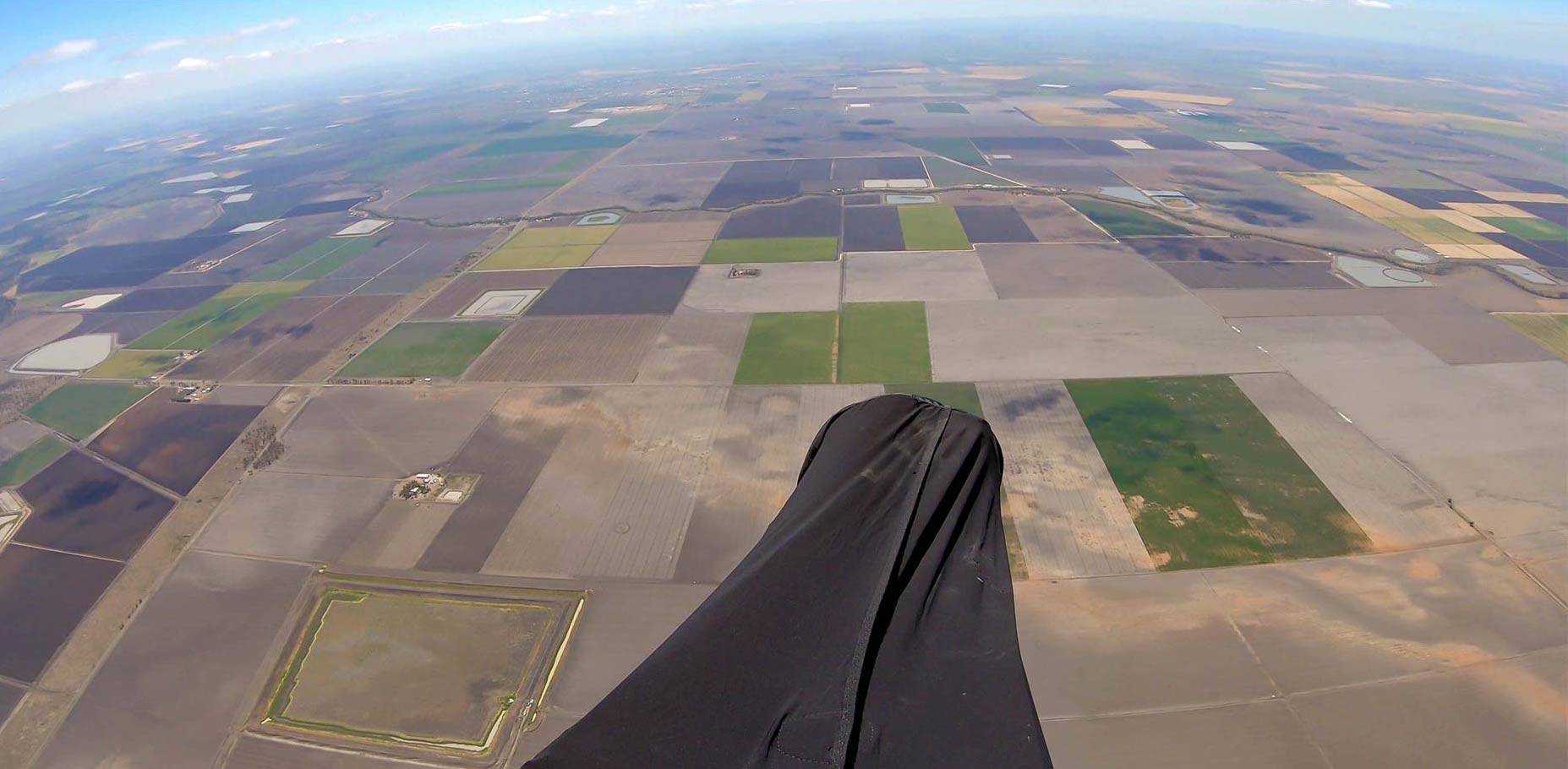
Photo: Tex Beck
You may also like
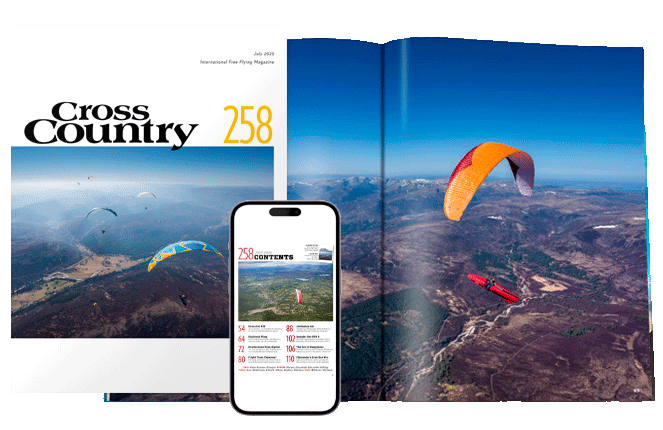
Current Issue
Cross Country 258:July 2025
From the Scottish Highlands to Peru and Jordan, issue 258 is packed with free-flight adventure plus the latest innovations
Find out more
Subscribe today
- Get instant online access to hundreds of articles and Masterclasses
- Enjoy eight issues of Cross Country in digital and premium print, or digital only
- Learn from the world’s best in six Masterclass Live Sessions
- Benefit from exclusive discounts on equipment, books and courses
- Gain the chance to win a new wing of your choice, twice a year

- Get instant online access to hundreds of articles and Masterclasses
- Enjoy eight issues of Cross Country in digital and premium print, or digital only
- Learn from the world’s best in six Masterclass Live Sessions
- Benefit from exclusive discounts on equipment, books and courses
- Gain the chance to win a new wing of your choice, twice a year
Digital
€4.50
Per month
Digital & Print
€8.50
Per month
Copyright Cross Country Magazine
Cross Country International Ltd, Tollgate, Beddingham, Near Lewes, East Sussex BN8 6JZ UK Tel: +44 (0)1273 256 090
Cross Country International Ltd, Tollgate, Beddingham, Near Lewes, East Sussex BN8 6JZ UK Tel: +44 (0)1273 256 090

